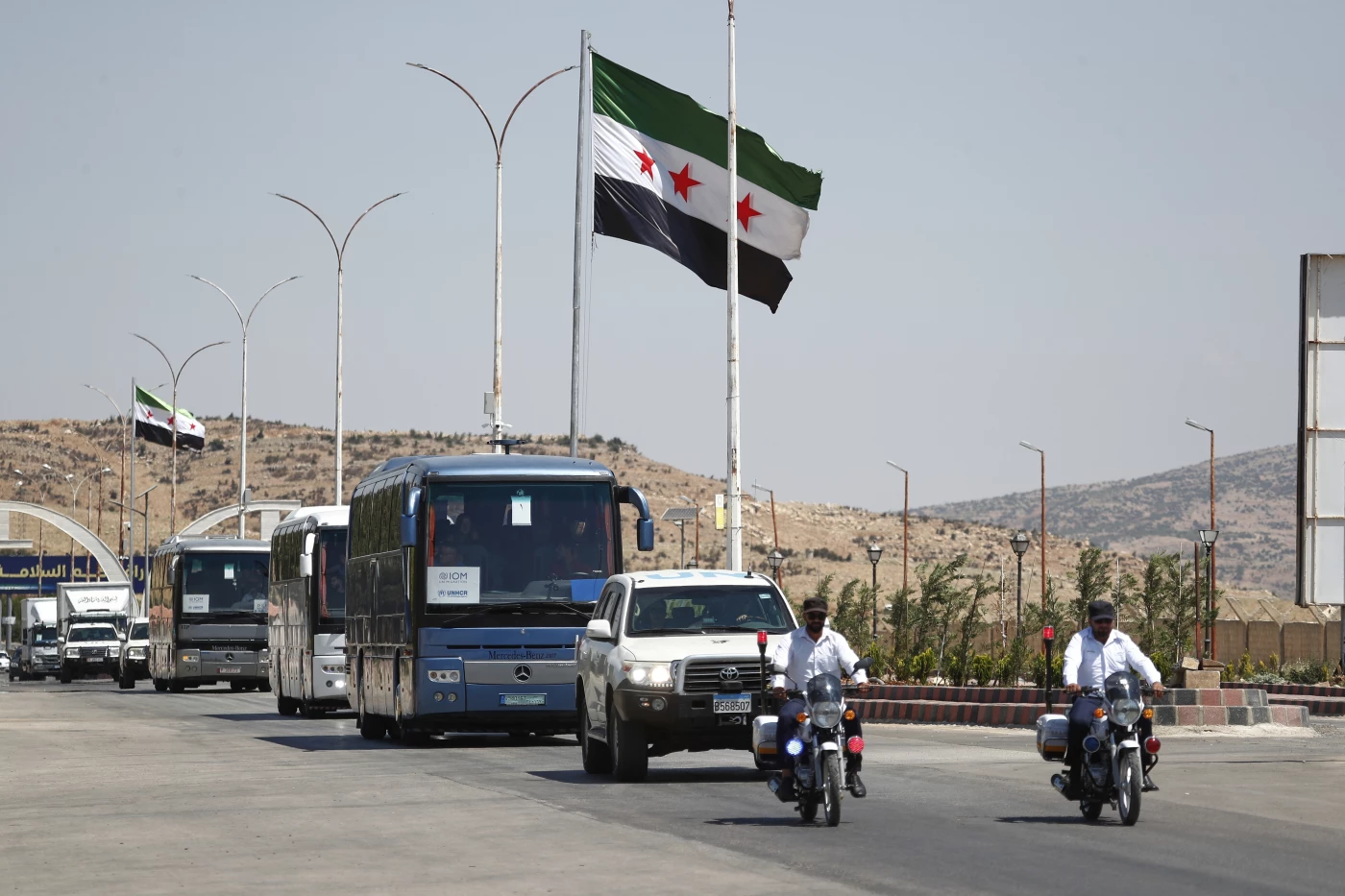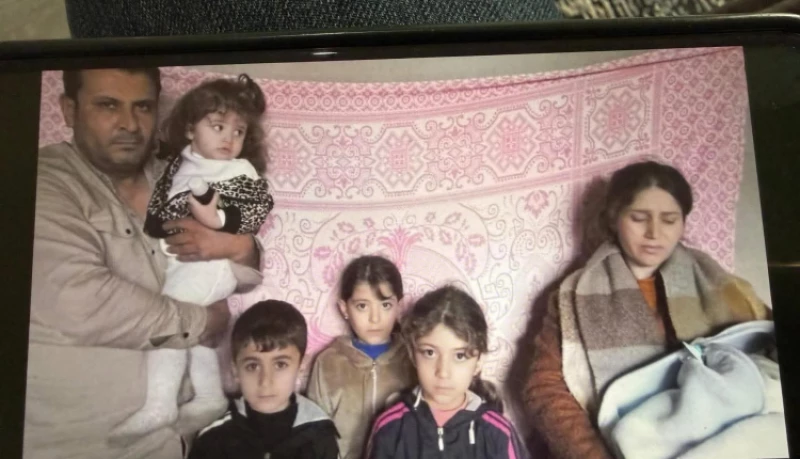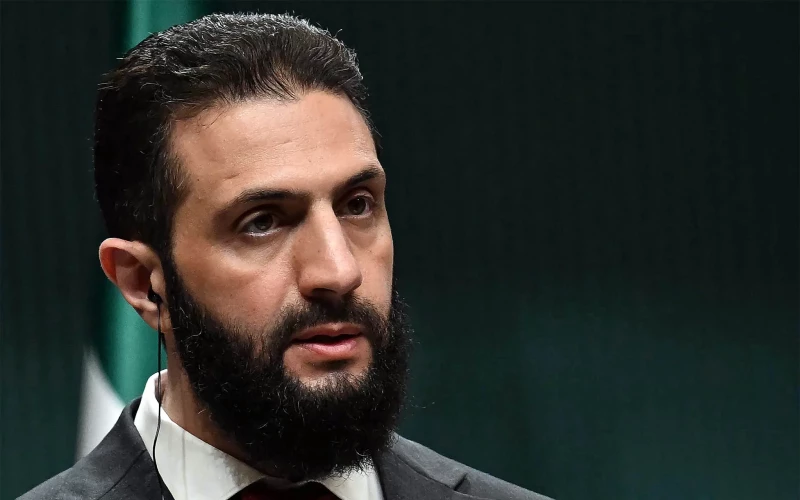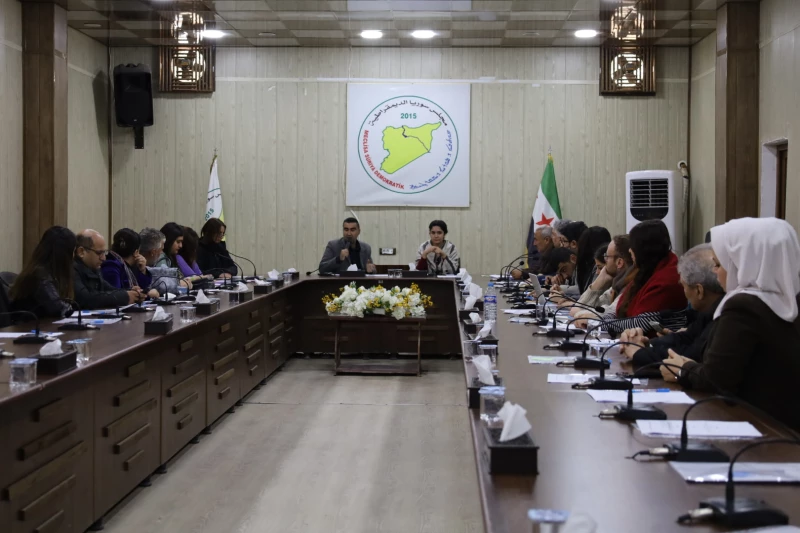ERBIL, Kurdistan Region of Iraq - Turkish Interior Minister Ali Yerlikaya announced Monday that more than half a million Syrians in Turkey have returned to their home country since the fall of the Assad regime and the ascent of new Syrian leader Ahmed al-Sharaa.
Yerlikaya said in a post on X that “after the liberation of Syria, 509,387 of our Syrian brothers and sisters returned to their country.”
He stressed that Turkey supports Syrians in the repatriation process, noting that “voluntary returns accelerated” following the fall of Bashar al-Assad's regime in early December of last year.
Yerlikaya added that the total number of Syrians who have voluntarily returned has reached 1,249,390 since 2016. Turkey continues to handle the return procedures “under the coordination of our Directorate of Migration Management.”
The announcement follows a report last week from the UN refugee agency, UNHCR, which said about 1 million Syrians have returned home since Assad’s ouster, with nearly 2 million internally displaced people also going back to their hometowns.
The UNHCR also reported that roughly 7 million Syrians remain displaced within the country, while over 4.5 million have fled abroad.
The rapid influx of returns comes as minority groups express increasing concern about their safety and rights under the new administration.
A coalition of opposition forces, formerly led by Hay’at Tahrir al-Sham under Ahmed al-Sharaa, ousted the Assad regime following a rapid offensive in early December. Since Sharaa became interim president of Syria in early 2025, minority communities, including Kurds, Druze, Alawites, and Christians, have expressed growing apprehension about their future amid repeated instances of violence against minority groups at the hands of government-affiliated forces.
Sharaa's administration introduced a constitutional declaration emphasizing Islamic jurisprudence and consolidating extensive presidential powers. These developments have raised fears among minorities that their rights and representation are being sidelined.
Both the Kurds and the Druze have advocated time and again for a decentralized or federal system of authority, whereby they retain a degree of self-governance in their own territories, a proposal firmly rejected by the Damascus government.
Druze spiritual leader Hikmat al-Hajari denounced the new constitution as a “declaration of tyranny,” warning it threatens Syria's sectarian and ethnic fabric. Tensions in the predominantly Druze province of Suwayda have escalated into deadly clashes, with a wave of sectarian violence between Sunni Bedouins and Druze locals resulting in thousands of deaths in July, according to the UK-based Syrian Observatory for Human Rights.
Kurdish representatives have also criticized the centralization of power and the lack of meaningful autonomy, calling for a more inclusive and decentralized political system. These concerns highlight the significant challenges Sharaa faces in fostering national unity in post-Assad Syria.



 Facebook
Facebook
 LinkedIn
LinkedIn
 Telegram
Telegram
 X
X


